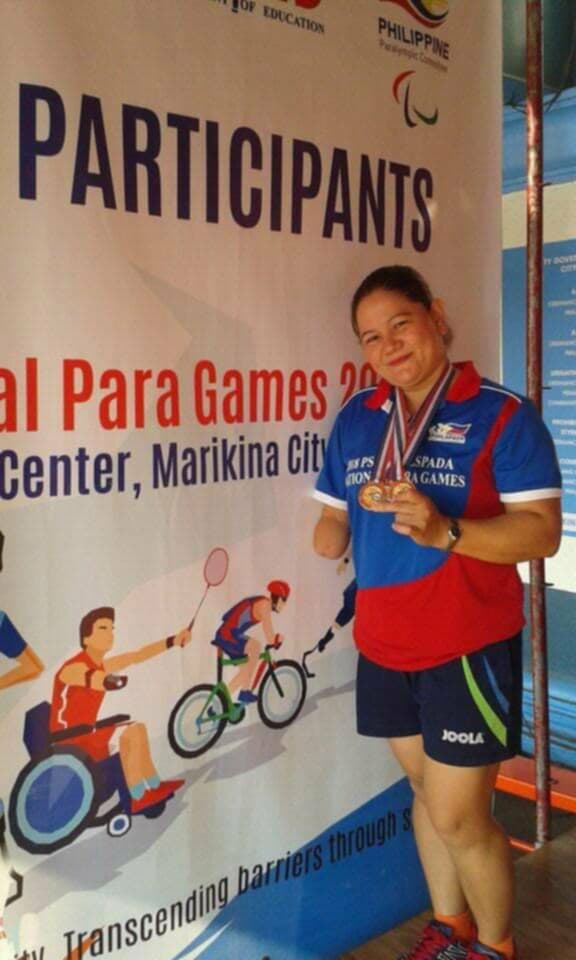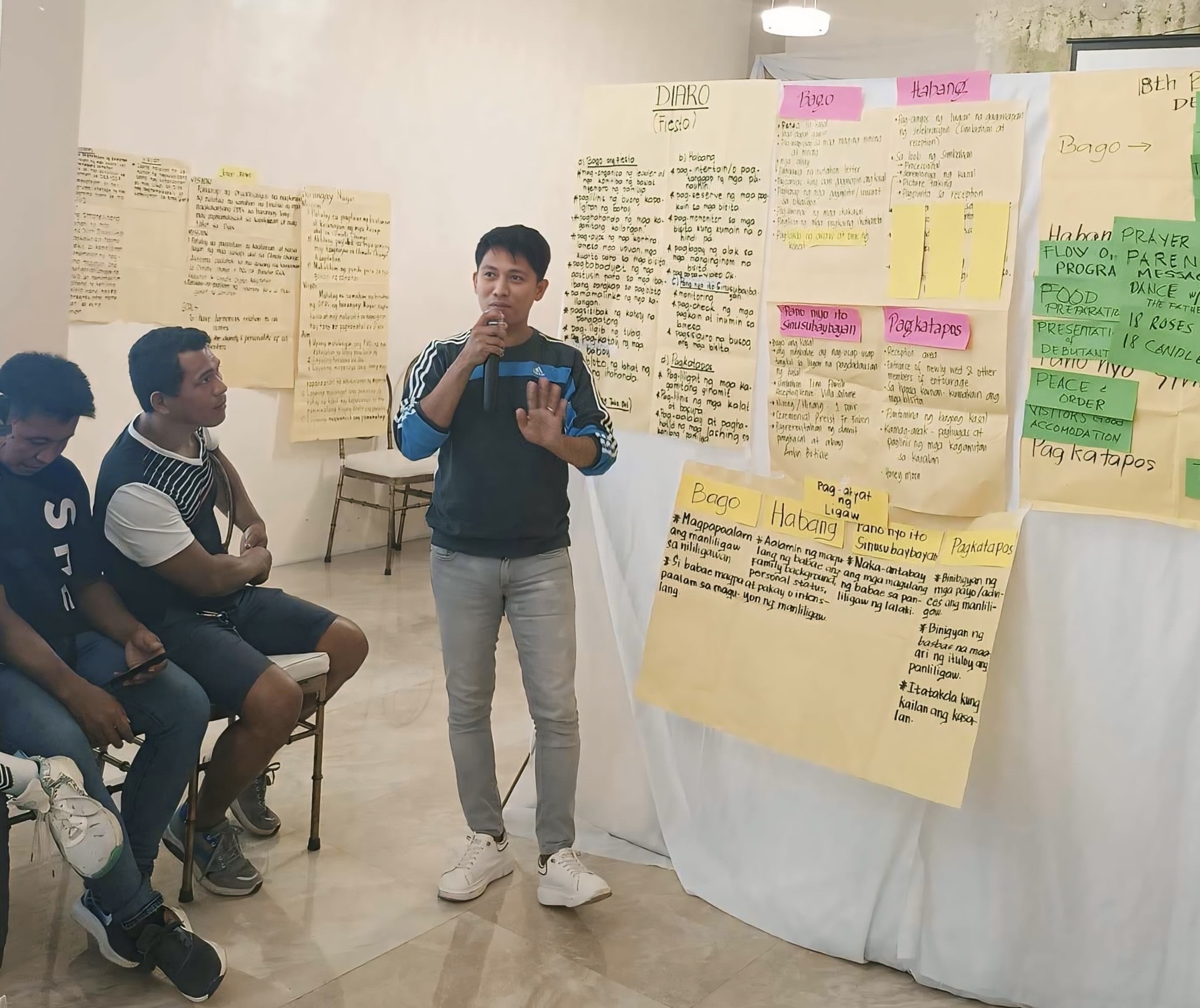I would have named him Edwin…
Stories | August 10, 2022
Merina was filled with love and joy as she was about to become a first-time mother. She was hopeful for the future of her child, her husband and her growing family. As the due date was getting closer, she became more nervous and silently concerned for the health of her baby.
Merina was nervous because in her country having a baby is not always a joyous moment. It is not always the celebration it should be. In Merina’s country, Nigeria, it is far too common for a fistula to occur and the baby to die.
A fistula occurs when an unborn baby’s head puts too much pressure on a mother’s maternal tissues, cutting off the blood supply. The tissue dies and leaves a hole (fistula), which causes urine and sometimes faeces to leak uncontrollably.
“It was a Sunday. My husband took me to the health centre. However, the doctor was not there, just a nurse. I stayed at the hospital the whole day. I was in really great pain by then, but nothing happened. I couldn’t feel my child moving. I couldn’t even get up anymore …” As the doctor had not arrived, staff decided to take Merina to the next town for medical help.
“I no longer felt pain, I just felt my full womb. My baby had not moved again. I had stopped thinking … The bus arrived hours later. The villagers helped me onto the bus. Four hours later we reached the District Hospital …” Once at the hospital Merina was examined and taken to the theatre. The doctors immediately performed a caesarean section.
What should have been one of the happiest occasions for Merina soon became her worst nightmare. “They told me that my baby hadn’t lived, that it was a boy and that he weighed 3.7 kilos…
Merina’s voice dropped to a whisper as I heard her next words…I was so sad. I would have named him Edwin.”
“When they removed the catheter, the doctors saw that I had a fistula. Still they sent me home and told me to come back after three months when the wound of the caesarean section had healed completely. During that time, I constantly dripped urine. I smelled bad. I was so ashamed. I had lost my baby. I lost all my joy. I couldn’t do anything. I didn’t have any hope…”
Left untreated, fistula can lead to chronic medical, social and psychological problems, such as isolation. They are often excluded from daily activities. Many women live with the condition for decades, unable to access the medical care that can help them and change their lives. In places like Africa, obstetric fistulas are often left unaddressed due to lack of obstetric care.
Today there are 500,000 women in Nigeria, just like Merina, who are diagnosed with fistula. Many more women are at serious risk as they prepare for the birth of their baby. Prevention is the best treatment.
The compassion and support of generous CBM supporters has already helped thousands of women in impoverished countries such as Tanzania receive the vital maternal healthcare they need. This success has pushed us forward to develop a program that, with your support can transform healthcare for women in Nigeria.
Merina is a strong, dignified and courageous woman. But she and many women like her, through no fault of their own and because of poverty, are unable to access proper maternal healthcare. Merina and the women of Nigeria need your help.
When Merina went back to hospital three months later, a doctor there told her about a rehabilitation program that provided life-changing surgeries for women with fistula. Merina would once again have dignity and strength, would once again be hopeful of the future. For she was not alone.
“There were so many other women. Up to then I had thought I was the only one with that condition. But no, all these women had had similar experiences. I talked to them. Many had lost their baby, too. Those conversations helped me grieve.”
We are focused on delivering a three-year program dedicated to expanding our fistula program across Nigeria. Your support right now can provide:
- Better maternal healthcare delivered through partnerships with medical teams, hospitals and health clinics;
- Greater awareness, education and support of maternal and child health services including Fistula prevention;
- Training for community healthcare providers, including clinical monitoring and support visits.
Your help can give women like Merina back their dignity, reduce the stigma and isolation they can experience from fistula, and help them on the road to recovery.
Your donation will not only change a woman’s life but can save the life of a mother and her baby. A mother like Merina and her son – the son who she would have named Edwin. Donate today: https://my.cbm.org.au/mumsmatter
https://www.cbm.org.au/stories/i-would-have-named-him-edwin
Related Stories

Aiming for gold and championing the rights of people with disabilities
Minnie, a 40-year-old mother of two and Treasurer of...

Jay’s journey: from hiding his disability to advocating for change
Jay, a 31-year-old hairdresser from the Philippines and father...

The Blessed Life
Mary learnt the depths of the implications of living the blessed life. The angel Gabriel had told Mary that she was going to be pregnant with the Son of God....
